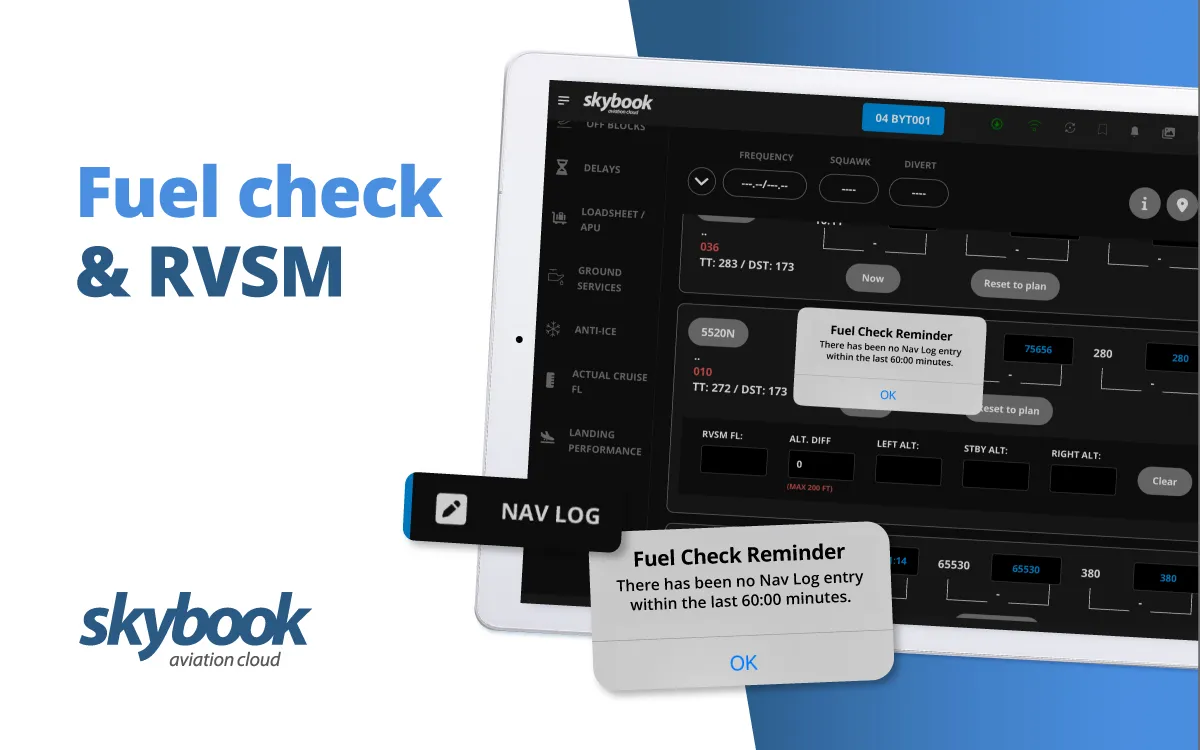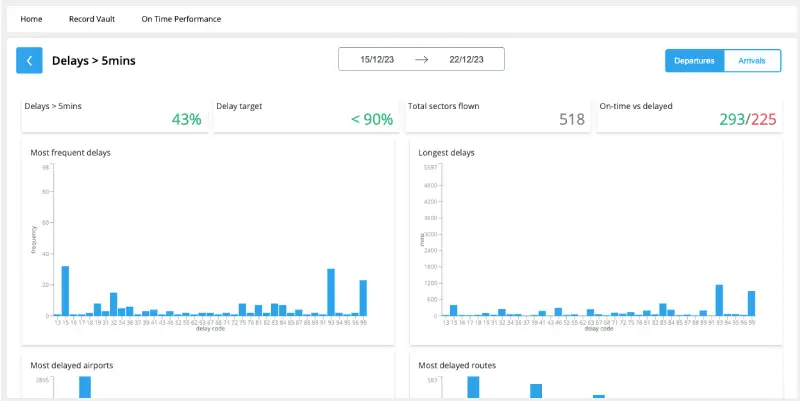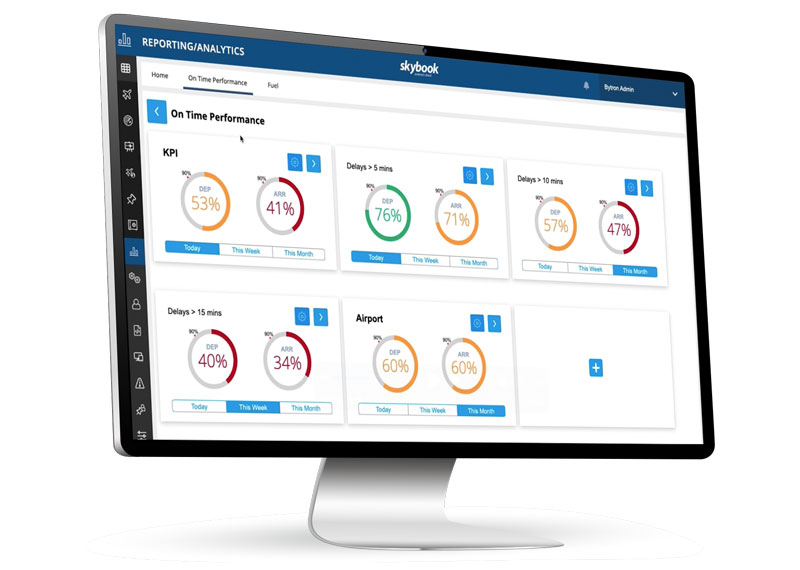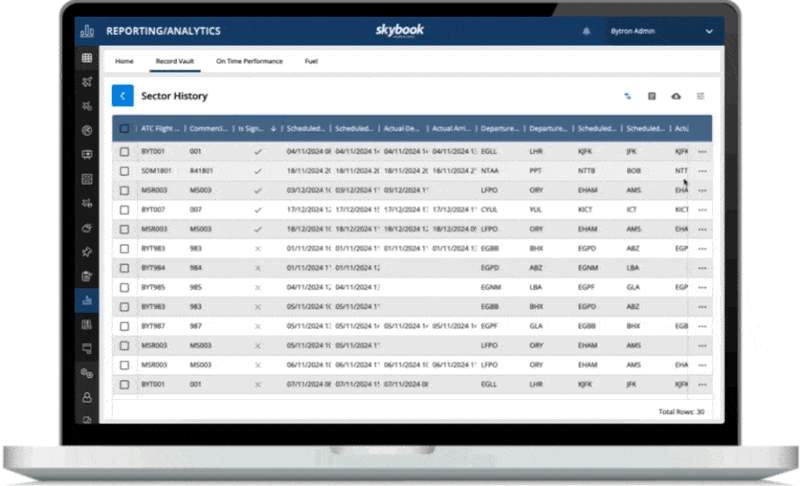
Nav Log fuel check & RVSM
Updated 17th July 2025
Delay codes can be a challenge for airlines, yet they play a vital role in analysing departure and arrival delays.
In this article I outline some of the most common delays and how delay code analysis can mitigate future challenges, to improve operational efficiency.
(Download Product Sheet)
Delay codes are identifiers standardized by IATA and used by airlines to categorize the reasons for flight delays.
Each delay code represents a specific cause or factor contributing to the delay of a flight. These codes help airlines to analyse and report on operational performance, identify trends, and implement strategies to improve efficiency and minimize disruptions.
Common delay codes might refer to weather-related delays (WX), air traffic control delays (ATC), aircraft maintenance delays (MX), and passenger-related delays (PAX).
Delays can disrupt flight schedules, crew availability, and passenger connections.
Capturing delay codes is essential for uncovering root causes and developing targeted solutions to minimise operational disruption and improve on-time performance.
Pilots can efficiently capture delay codes using the skybook electronic flight bag solution, and automatically share the data to flight operations.
By tagging accurate IATA delay codes and analysing them teams can:
Here's a video that shows how flight delays are automatically captured in the EFB solution and synced back to the ground system:
Inaccurate and slow manual processing of delay codes can skew metrics and hinder the airline's ability to identify trends and areas for improvement.
Fortunately, skybook Reporting & Analytics, provides analytical teams with instant access to delay code data directly from the flight crews EFB applicaions.
The delays dashboard provides an overview of the most frequent delay codes, longest delays, most delayed routes and airports over a chosen time period.

Delay code analysis might reveal consistent turnaround issues at a particular airport, impacting profitability. Identifying this trend could lead planners to adjust the schedule or reroute traffic to improve efficiency.
Similarly, if delays repeatedly stem from specific aircraft defects, it could highlight a recurring technical issue, prompting maintenance teams to investigate further and mitigate potential safety risks.
The On-Time Performance (OTP) dashboard gives flight operations teams a clear, visual overview of key delay KPIs.
It allows you to customise delay thresholds, monitor daily, weekly, and monthly trends, and drill down into detailed delay data for deeper insights and reporting on specific fleets, aircraft and airports.

Airlines are required to report delay code data to regulatory authorities for safety and compliance purposes.
Inaccurate or incomplete reporting of delay codes can result in regulatory scrutiny and potential penalties.
This can be easily avoided by implementing a centralized data management like the skybook EFB solution, ensuring that all flight data is consolidated and readily accessible.
Historical flight data empowers root cause analysis, and delay patterns are just part of it.
Using the skybook Record Vault, operators can access flight history data for greater visibility, enabling smarter scheduling and proactive planning.
This includes instant access to OOOI times (also shown in Dispatch) directly from the pilots EFB device, illustrating the impact of delays on flight phase timings.

Delay codes are essential for tracking and analysing operational delays. Streamlining the process of capturing and reporting delay codes, can help improve operational efficiency.
Learn more about skybook and how we can enhance your delay code analysis and reporting.